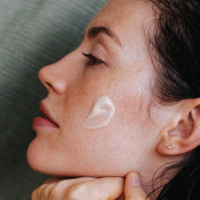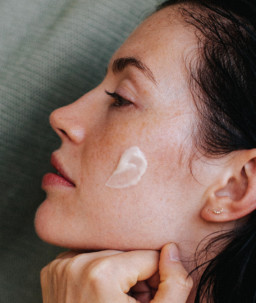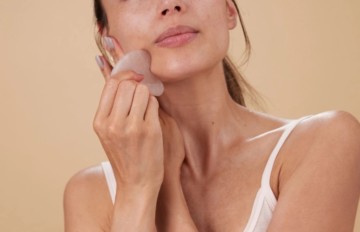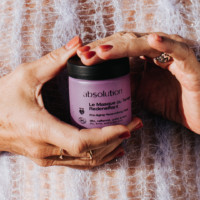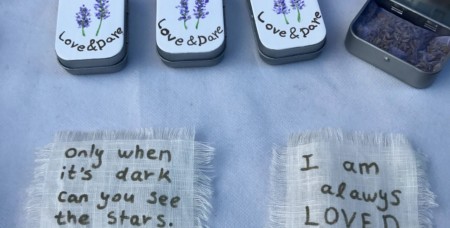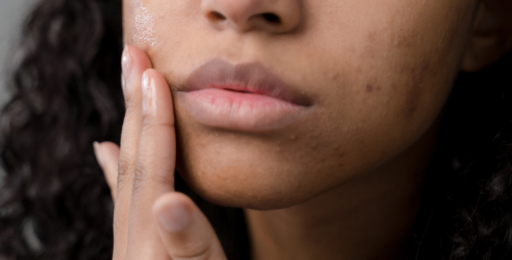
Should you wear sunscreen all year round?
It’s a question that comes up often: should sunscreen be reserved for summer getaways, or does it belong in our skincare routine year-round? That little tube we used to pack for beach holidays now finds its place in city life, through all seasons. While a few were already convinced of its everyday usefulness, awareness has grown thanks to media coverage and social networks reminding us—again and again—of the harmful effects of UV rays.
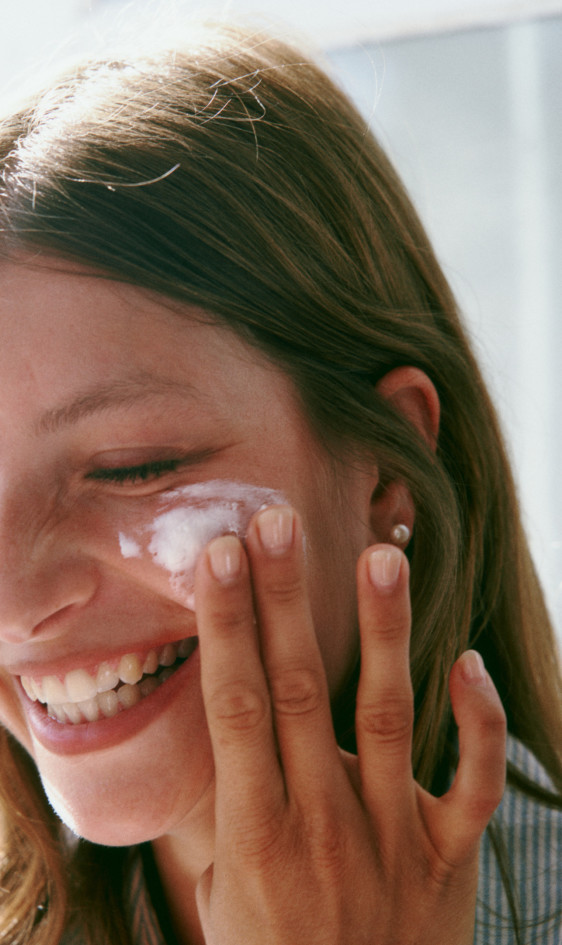

And they’re not wrong: UV rays are responsible for premature skin ageing, pigmentation, and in more serious cases, certain skin conditions. So it’s no surprise that SPF is now embraced by twenty-somethings and forty-somethings alike. Once synonymous with vacation, sun protection has become a daily ritual—rain or shine. But one question remains: is it truly necessary every single day of the year?
So, what’s the answer? Yes or no?
Let’s start with the facts: dermatologists and skin experts agree that UV rays are always present. UVB rays are the ones that cause sunburn, while UVA rays—more intense in summer and during peak daylight hours—are present all year round. They can even pass through clouds and glass. UVA rays are mostly responsible for skin ageing, pigmentation spots, collagen loss, and increased risk of skin cancer.
But for our founder, Isabelle Carron, the answer is more nuanced: “I’m not in favour of wearing sunscreen all year long. That would mean denying the skin its ability to absorb vitamin D when it needs it most. The sun is essential for our skin. I wear SPF in summer, of course, but I also let my skin enjoy the light—at the right time of day. That said, I never expose myself to harsh midday sun.”

And she’s right to point it out. Sunlight is vital—not only for bone health and immunity, but also to help regulate mood, and even to support certain skin conditions like psoriasis, eczema or acne. A few minutes of sun exposure on the face or forearms may be all it takes to help the body produce enough vitamin D. No need to fear the sun—just respect it.
SPF… or just clever marketing?
Let’s be honest: many brands have seized the fear of ageing and skin damage as an opportunity to promote SPF all year round. Yes, the dangers of UV are real—especially at high altitudes or during prolonged exposure—but encouraging daily use regardless of context can feel like a manufactured need. Prevention messages often walk hand-in-hand with sales strategies.
We’ve seen a wave of SPF launches: moisturisers, foundations, serums… all offering added sun protection, even when exposure is minimal. Some brands even go so far as to suggest you’re putting your skin at risk just by opening the curtains. This culture of constant caution—amplified by influencer content and perfectly curated campaigns—has turned useful advice into a form of pressure. The result? The line between skin health and marketing hype is becoming increasingly blurred.


So, when should you wear SPF?
Sunscreen is absolutely essential if you’re going to be out in the sun for a long time, or if you have sensitive skin. But darker skin tones are not immune either. While they’re less likely to burn, they can still develop pigmentation issues and UVA-induced skin damage. In fact, skin cancers on darker complexions are often diagnosed later due to a lack of early signs. During summer months, if your face is exposed daily, applying an SPF 30 or 50 in the morning is often enough. It’s a simple gesture that protects not only the skin’s youthfulness, but also its resilience.
So yes, SPF is a valuable ally—but like all things, it’s about balance. Listen to your skin, trust your common sense, and don’t let fear dictate your skincare routine. After all, light is vital. Let’s not forget to welcome it—with intention.
